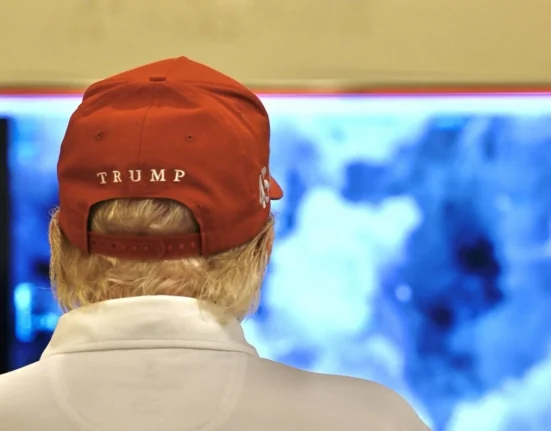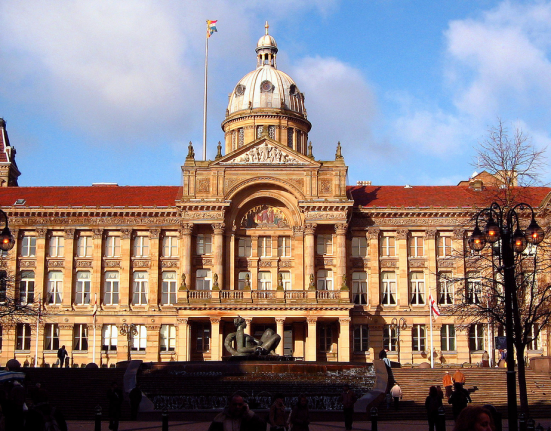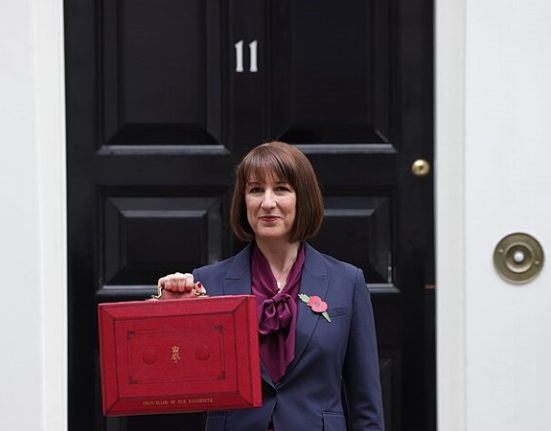Local elections: who is the fight between?
With the local elections around the corner, is the battle between the Labour and Conservative parties, or Labour and Reform, as its leader, Nigel Farage, claims?
And where are the Liberal Democrats and their ‘project 312?’

Tory v Reform
The Conservatives are fighting 900 seats and are expected to lose 400 – leaving their leader Kemi Badenoch in a much-weakened position. Some in her party have their knives out ready to take over.
A senior member of Reform shared their plan to push the Conservatives into third place. Reform needs to win some councils to show that we can get things done. Farage’s approach will be to point out that things are broken and he is going to fix them.
Reform are challenging the Conservatives in the mayoral elections in Lincolnshire Derbyshire and Nottinghamshire, and believe that enough Conservatives will defect, giving Reform control.
However, Farage’s alignment with Donald Trump may work against Reform given the British public’s current antipathy towards the US President.
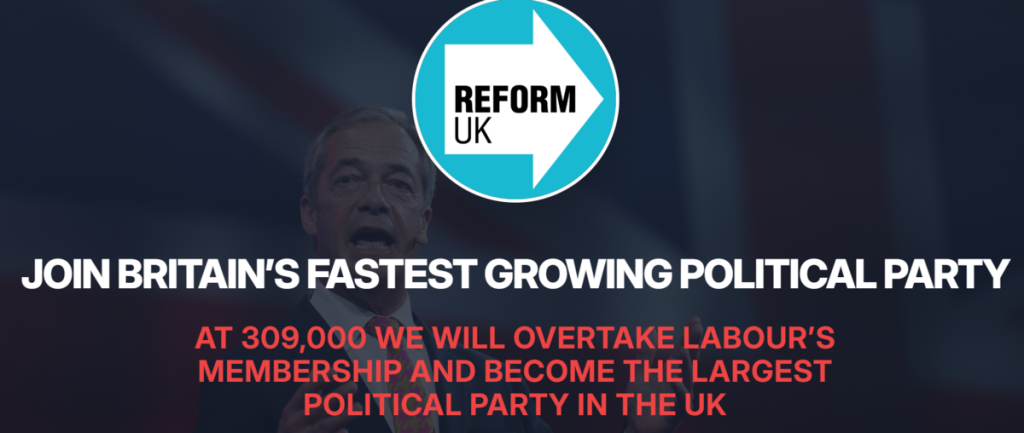
Tory v Lib Dems
‘Project 312’ was set up by the Liberal Democrat campaign chief to target every Tory councillor in a constituency held by a Liberal Democrat MP or in seats where the party is only just behind in the polls.
Strategists privately predict the Dems will gain at least 150 seats from the Conservatives.

Labour v everyone else
Labour is contesting 300 seats. The local elections will be a road test for Labour’s new campaign team, and Labour’s attack line on the Tories is to condemn 14 years of failure while they were the government.
Where Reform is the opponent, Labour leaflets and digital advertising are targeting Farage’s statements on the NHS, which Labour characterises as wishing to abolish the health service free at the point of use – something Farage of course disputes.
In the Commons debate on steel, Jonathan Reynolds, the business secretary, called state intervention “exceptional action in what are exceptional times”.
‘Saving’ the steel industry is likely to go well in the industrial heartlands. Those who voted Reform as a protest are likely to be encouraged by Labour’s willingness to support the UK’s long-neglected industries.
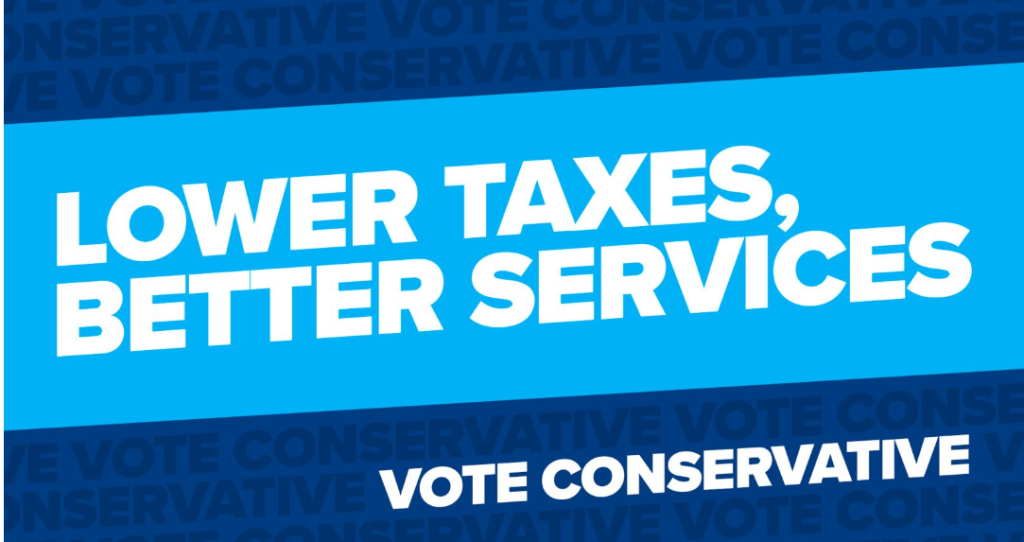
What voters want
A clear majority of UK voters want the government to prioritise rebuilding trade ties with the EU over a deal with the US, according to a poll commissioned by the international thinktank, Best for Britain.
53% of those who participated in the poll believe that a closer relationship with the EU will have a positive effect on the UK economy. Only 13% said such a relationship would be negative.
68% said that better relations would boost trade in a clearly positive way. Participants believe that trade between the UK and EU should be a higher priority for Labour than illegal channel crossings and defence.
Nearly half of those who said they will vote reform in the next election said closer ties with the EU would have a positive impact on trade.
35% said that they thought Labour was not going far enough to rebuild ties with the EU.
My view
It seems British Steel and the Trump tariffs are giving Starmer opportunities to win over a jaded British public.
How this manifests in the local elections is hard to define, particularly since Labour has less to lose than the Conservative party.
Closer ties with the EU are now, according to polls, arguably more important to the British public than illegal immigration across the channel.
This may undermine Reform, particularly since their leader seems to be so closely aligned to the person whose action has resulted in lost investment and more precarious pension pots.


